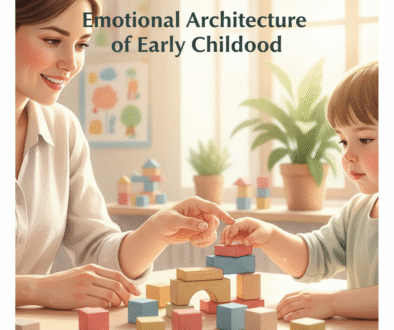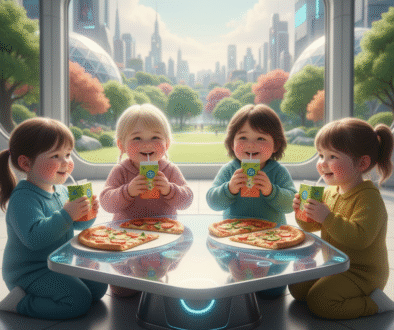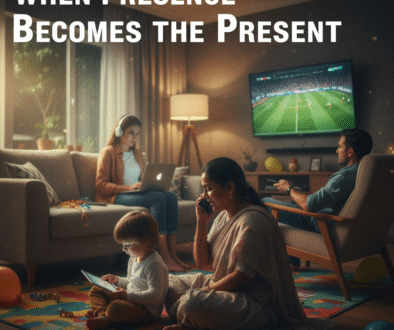
Alcohol and Parenting - What Your Drink Does To Your Child
The Hidden Impact on Children
“What your child really sees when you raise that glass.”
We often associate alcohol with socializing, relaxation, and tradition. A glass of wine at dinner, a toast at a wedding, or vodka at a Polish family gathering—these moments are part of our culture. But while adults enjoy their drinks, there’s someone else quietly observing, feeling, and processing everything—the child. And what they see isn’t as harmless as we like to think.
The Unspoken Feelings of a Child
Growing up in Poland, where occasional alcohol at family gatherings is a cherished tradition, I often felt uneasy as a child, struggling to connect the warmth of family with the discomfort it brought. I looked forward to family celebrations—the laughter, the togetherness, the sense of belonging. But the moment alcohol appeared, something changed. The atmosphere shifted. People became louder, conversations messier, and suddenly, I felt like I didn’t belong. I wasn’t sure if I was welcome or just in the way.
Seeing my mother with a drink made me uneasy. My father too, but with her, it felt different—more personal. Even though she wasn’t drunk, something about it unsettled me. It’s hard to name those childhood feelings even now, but they were real. It wasn’t about fear of harm, but rather a quiet sense of insecurity, a shift in the emotional safety of my home.
Science Backs What Children Feel
Children, even if they don’t fully understand alcohol, feel the changes it brings. Research shows that kids who witness their parents drinking—especially in social settings—often experience confusion, discomfort, and even anxiety. The National Association for Children of Alcoholics reports that children who grow up in environments where alcohol is normalized are at higher risk of developing emotional distress, trust issues, and, in some cases, substance abuse patterns themselves.
Neurological studies indicate that children’s developing brains are highly sensitive to emotional cues. When parents drink, even moderately, their behavior subtly changes—reactions slow down, emotional availability fluctuates, and the usual ‘parent mode’ softens. For a child who relies on routine and predictability, this can feel destabilizing. Their sense of safety is tied not only to physical security but also to emotional consistency. A parent who is slightly ‘off’ due to alcohol, even if they are not visibly drunk, is still experienced as a different version of themselves.
The Modern Excuse: “It’s Just Socializing”
Many parents today take their children to bars, breweries, or social gatherings where alcohol is present, believing that exposure will make them more responsible or that it’s simply a normal part of life. But let’s pause for a moment—what exactly are we exposing them to? An idea that fun must include alcohol? That relaxation requires a drink? That adult emotions shift after a few sips?
Studies reveal that children who see alcohol as an essential part of socializing are more likely to associate drinking with positive emotions and are at a higher risk of experimenting earlier in life. It’s not about prohibition but about what message we are sending. What if, instead, we modeled socializing that didn’t require a drink to ‘enhance’ the experience?
Your Home—A Child’s Safe Corner
For children, home should be the one place where they feel unconditionally safe—emotionally and physically. When drinking enters that space, even in small amounts, it can blur the edges of that security. Kids may not say it, but they feel it. They sense the subtle changes in our energy, our focus, our presence. And while we, as adults, might dismiss it as ‘just one drink,’ to them, it’s something bigger—something that doesn’t quite feel right.
As parents, we constantly question our choices, and this is one of those moments where our inner voice matters. The next time you reach for a drink in your child’s presence, ask yourself: What message am I sending? How does this moment feel for them?
Let’s not normalize alcohol as just another part of family time. Instead, let’s create memories where our children feel fully seen, safe, and valued—without the blurred lines that alcohol brings.


